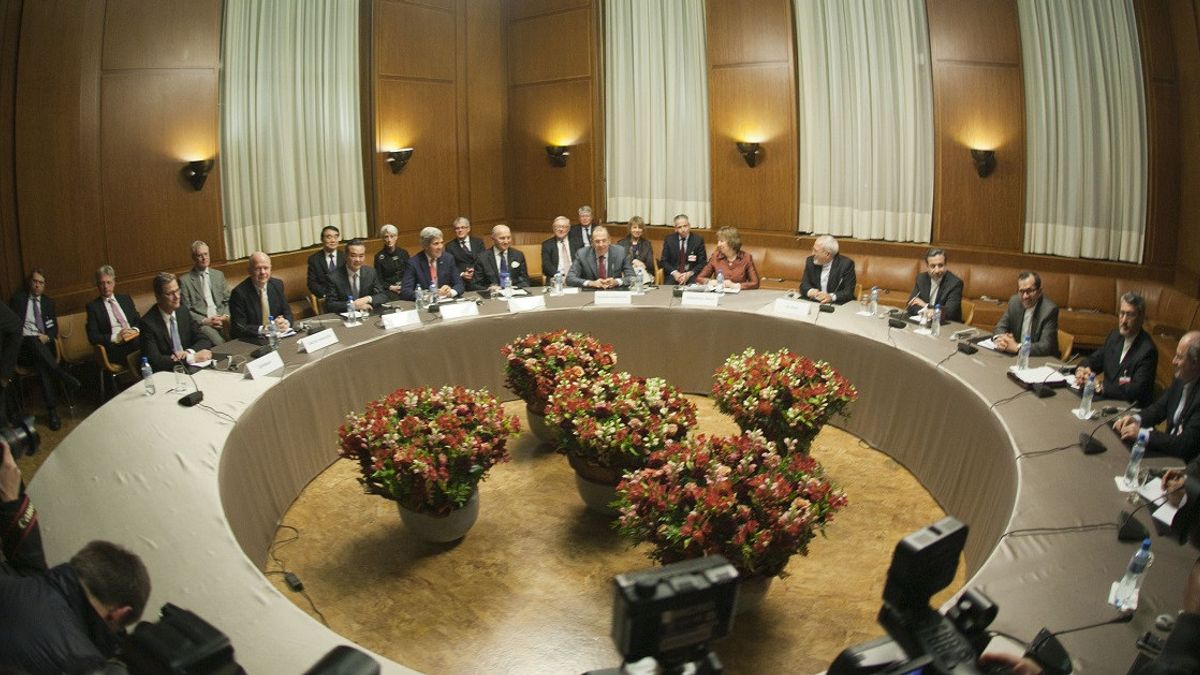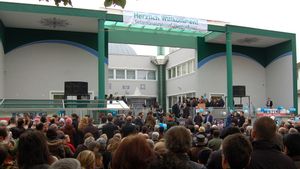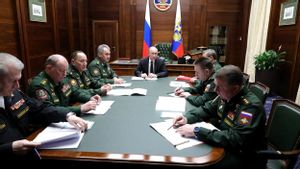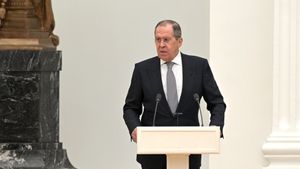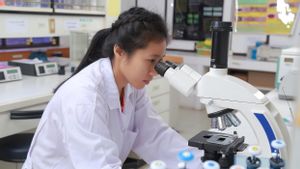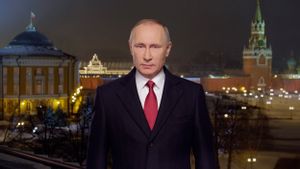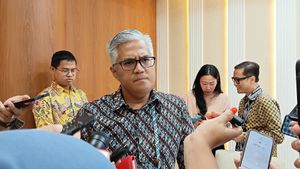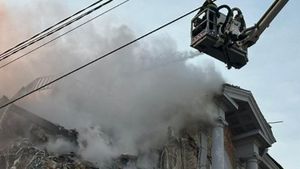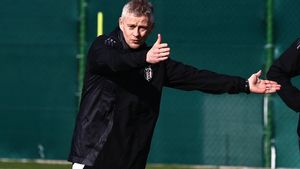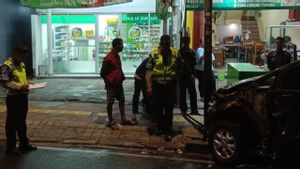JAKARTA - The United Nations' nuclear watchdog said on Monday Iran needs to fully cooperate with its inspectors on its undeclared nuclear work.
The agency reported last week that Iran had not provided a credible technical explanation for the uranium particles detected at several locations.
International Atomic Energy Agency (IAEA) Director-General Rafael Mariano Grossi urged Iran to "immediately" resume work with investigators.
"We have to admit that we haven't been able to get the results we hoped for," Grossi told reporters on the sidelines of the first day of the IAEA meeting with the 35-member board of governors in the Austrian capital, Vienna.
"This will be a reminder to Iran, and to us, and to everyone else, that we really need to step into work and clarify this issue that has been around for too long," Grossi added.
"These problems are not going away. The problem here is that Iran must continue to work with us. They have a very ambitious nuclear program. It is in their own interest to resolve this."
Meanwhile, Naysan Rafati, Senior Iran Analyst at the International Crisis Group, said there are two parallel but closely related processes: negotiations to restore the 2015 nuclear deal to address Iran's current and future nuclear activities, and an investigation into IAEA safeguards to resolve questions about Iran's nuclear program. Previous work on the site was not announced.
"The latter has been running inconclusively for several years, and in March, as the talks in Vienna tried to move to a conclusion, Tehran re-committed to addressing the Agency's problems," Rafati told The National.
He did not think the intended message from the IAEA was to derail nuclear talks, but rather to underscore the importance of Iran following through on the cooperation it has committed to.
"But over the last few weeks, and again in his Monday remarks, Director General Grossi has voiced concern over the extent of Iran's cooperation, raising the possibility that the Council could move towards a resolution to condemn Iran."
In his briefing on Monday, Grossi said he neither supported nor opposed a possible vote to condemn Iran during this week's meeting, stressing the importance of continued cooperation with Iran despite recent tensions.
Earlier in March, Grossi said in an update to the board of governors, that the Agency's inspection work had been "severely affected" for at least 11 months since February 2021, as authorities in Tehran extended implementation of the accord on its nuclear deal, related commitments under the 2015 nuclear deal or the Plans pact. Joint Comprehensive Action (JCPOA).
He said the repeated extensions and hurdles pose a significant challenge to the authorities' ability to restore continuity to the knowledge of Iran's undeclared nuclear work.
The IAEA said some of Iran's stockpile of all enriched uranium [nearly 3,200 kilograms] had been enriched to 60 percent purity, a short technical step away from the 90 percent weapons-grade level.
SEE ALSO:
Talks with Tehran to revive the 2015 nuclear deal stalled earlier this year. Talks began in April last year in Vienna, with the aim of bringing the US back to the deal and getting Iran to scale back its beefed-up nuclear program.
The administration of former US President Donald Trump left the JCPOA in 2018 and imposed sanctions on Iran's oil, metals, and textile industries, as well as senior officials and military commanders.
While Iran's foreign minister told the World Economic Forum last month the US must effectively lift economic sanctions, a key tool for pressuring Iran, if it is to save the deal.
The English, Chinese, Japanese, Arabic, and French versions are automatically generated by the AI. So there may still be inaccuracies in translating, please always see Indonesian as our main language. (system supported by DigitalSiber.id)
